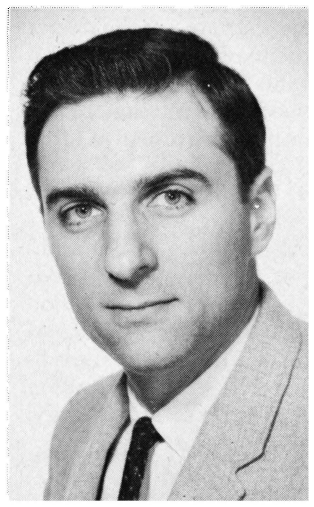--- Thomas Hobbes, Leviathan (1651) (on gutenberg.org), h/t David Runciman, The Handover (2023:34) for the reference.
Note the group agency implied by "or upon one Assembly of men, that may reduce all their Wills, by plurality of voices, unto one Will."
Excerpt
The Generation Of A Common-wealth
The only way to erect such a Common Power, as may be able to defend them from the invasion of Forraigners, and the injuries of one another, and thereby to secure them in such sort, as that by their owne industrie, and by the fruites of the Earth, they may nourish themselves and live contentedly; is, to conferre all their power and strength upon one Man, or upon one Assembly of men, that may reduce all their Wills, by plurality of voices, unto one Will: which is as much as to say, to appoint one man, or Assembly of men, to beare their Person; and every one to owne, and acknowledge himselfe to be Author of whatsoever he that so beareth their Person, shall Act, or cause to be Acted, in those things which concerne the Common Peace and Safetie; and therein to submit their Wills, every one to his Will, and their Judgements, to his Judgment. This is more than Consent, or Concord; it is a reall Unitie of them all, in one and the same Person, made by Covenant of every man with every man, in such manner, as if every man should say to every man, “I Authorise and give up my Right of Governing my selfe, to this Man, or to this Assembly of men, on this condition, that thou give up thy Right to him, and Authorise all his Actions in like manner.” This done, the Multitude so united in one Person, is called a COMMON-WEALTH, in latine CIVITAS. This is the Generation of that great LEVIATHAN, or rather (to speake more reverently) of that Mortall God, to which wee owe under the Immortall God, our peace and defence. For by this Authoritie, given him by every particular man in the Common-Wealth, he hath the use of so much Power and Strength conferred on him, that by terror thereof, he is inabled to forme the wills of them all, to Peace at home, and mutuall ayd against their enemies abroad.







